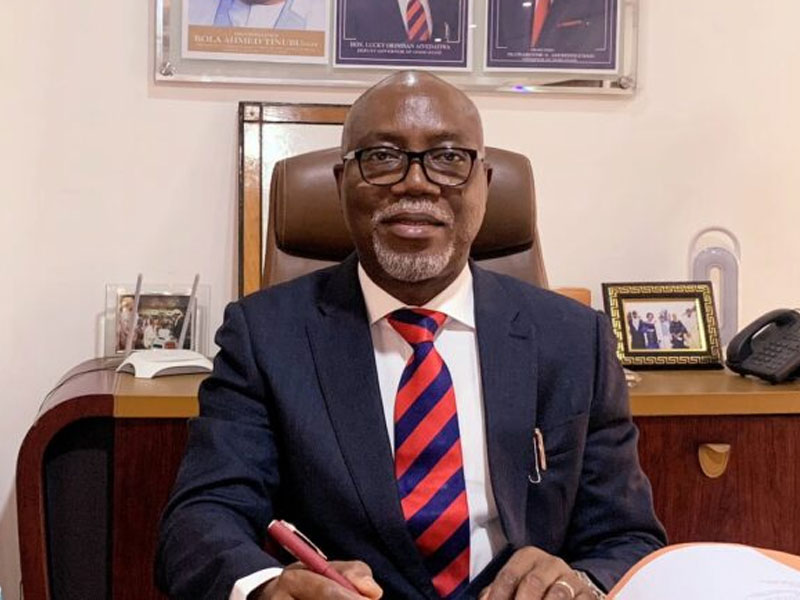Ondo State’s Healthcare Transformation: A Comprehensive Overview of Achievements and Initiatives
The Ondo State government, under the leadership of Governor Lucky Aiyedatiwa, has embarked on a significant journey of healthcare reform, resulting in tangible improvements in the well-being of its citizens. A cornerstone of this transformation is the state’s health insurance scheme, which has provided a safety net for vulnerable populations and expanded access to essential medical services. With over 250,000 beneficiaries, the program caters to a diverse range of individuals, including the elderly, widows, orphans, people with disabilities, and those battling sickle cell disease. This comprehensive approach to healthcare coverage underscores the government’s commitment to ensuring that no one is left behind in their pursuit of health and well-being.
The state’s commitment to accessible healthcare extends beyond insurance coverage, encompassing a multi-pronged strategy to revitalize primary healthcare facilities. Recognizing the importance of basic infrastructure, the government has invested in providing borehole water and 24-hour solar-powered electricity to these crucial centers. Furthermore, accommodations have been provided for healthcare workers, ensuring their presence and availability to deliver quality care to the communities they serve. These improvements are not merely cosmetic; they represent a fundamental shift towards creating a sustainable and effective primary healthcare system.
In addition to infrastructural upgrades, Ondo State has implemented several targeted programs to address specific health challenges. The Aiyedatiwa Hepatitis B elimination program is a testament to the government’s proactive approach to disease prevention and control. This initiative aims to reduce the prevalence of Hepatitis B, a debilitating liver infection, within the state. Moreover, the establishment of the State Contributory Health Commission further strengthens the healthcare system by ensuring the availability of essential medications in healthcare facilities. By taking a holistic approach, Ondo State is tackling health issues on multiple fronts, fostering a healthier and more resilient population.
Another noteworthy achievement is the inauguration of the state’s first essential medicine list. This list serves as a guide for healthcare providers, ensuring that patients have access to the most crucial medications for their health needs. This standardization is critical for improving treatment outcomes and ensuring that healthcare resources are used effectively. Furthermore, the restructuring of tertiary hospitals has culminated in the establishment of a federal teaching hospital in the state. This development not only enhances the quality of specialized medical care but also provides opportunities for medical education and research, further strengthening the state’s healthcare ecosystem.
The Ondo State government’s commitment to its healthcare workforce is evident in its consistent efforts to improve their working conditions and remuneration. Health workers receive regular salaries on par with federal employees, demonstrating the government’s recognition of their vital role in delivering healthcare services. This supportive environment fosters job satisfaction and attracts qualified professionals to the state, ensuring that the healthcare system is staffed with dedicated and competent individuals. The collaborative relationship between the government and its healthcare workforce is a crucial element in the state’s ongoing healthcare transformation.
The IMPACT Malaria Project, with the Institute of Human Virology Nigeria (IHVN) as its Non-State Actor (NSA), represents another significant step in Ondo State’s fight against malaria. The selection and engagement of IHVN as the NSA followed rigorous guidelines established by the National Malaria Elimination Program and the World Bank. This partnership underscores the importance of collaboration between government and non-governmental organizations in tackling complex health challenges. The IMPACT project aims to reduce the burden of malaria, a widespread and often debilitating disease, contributing to the overall health and well-being of the people of Ondo State. Through these comprehensive initiatives and strategic partnerships, Ondo State is building a robust and resilient healthcare system that prioritizes the health and well-being of its citizens.


